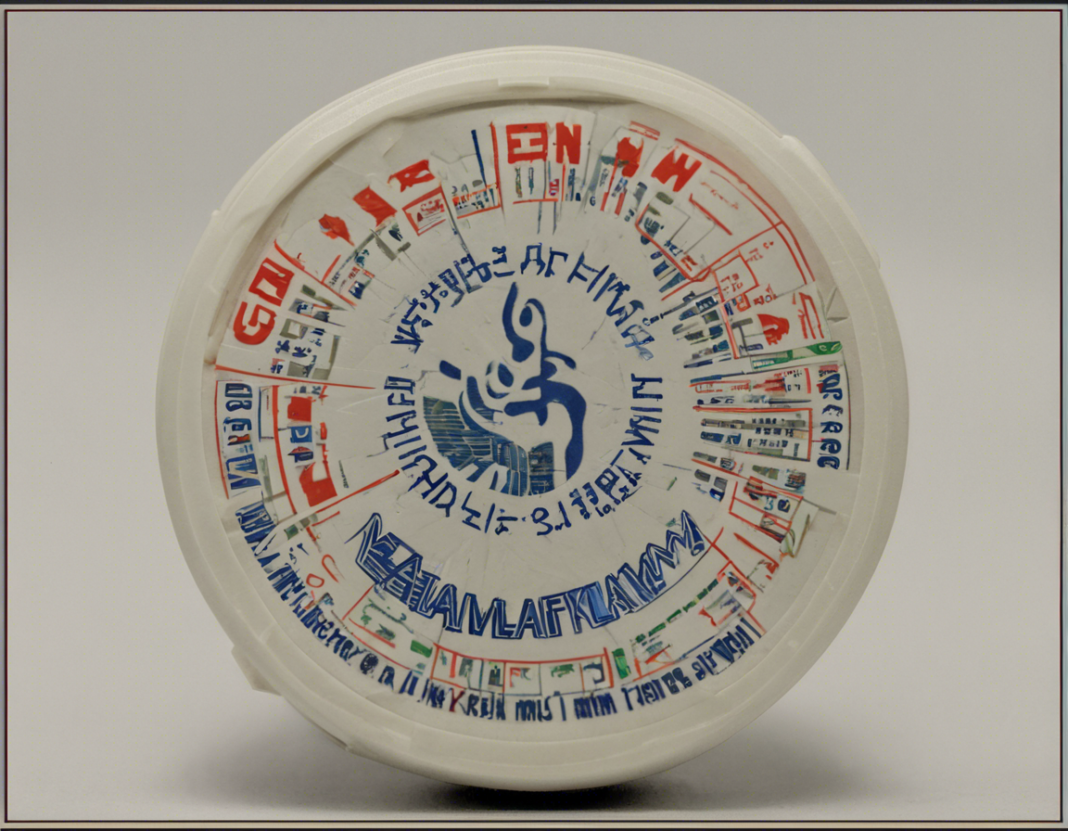Introduction:
Combiflam is a popular over-the-counter pain reliever that is commonly used to treat various conditions such as headaches, fever, muscle aches, and arthritis. It is a combination medication containing two active ingredients: paracetamol and ibuprofen. In this article, we will delve into the uses, side effects, and alternatives to Combiflam.
Uses of Combiflam Tablet:
1. Pain Relief: Combiflam is effective in relieving mild to moderate pain caused by conditions such as headaches, dental pain, menstrual cramps, and musculoskeletal injuries.
2. Fever Reduction: It is also used to reduce fever caused by infections or other illnesses.
3. Inflammation: Combiflam helps in reducing inflammation in conditions such as arthritis or minor injuries.
4. Menstrual Pain: It can be used to alleviate menstrual cramps and discomfort.
Side Effects of Combiflam Tablet:
While Combiflam is generally considered safe when taken as directed, it may cause some side effects. Common side effects of Combiflam include:
1. Stomach Upset: This may include symptoms such as nausea, indigestion, or abdominal pain.
2. Heartburn: Some individuals may experience heartburn as a side effect of Combiflam.
3. Allergic Reactions: Rarely, Combiflam may trigger allergic reactions such as rash, itching, swelling, or difficulty breathing.
4. Gastrointestinal Issues: Prolonged use of Combiflam can lead to gastrointestinal problems like ulcers or bleeding.
Alternatives to Combiflam Tablet:
1. Acetaminophen (Paracetamol): Paracetamol is a common alternative to Combiflam for pain relief and fever reduction. It is usually gentler on the stomach and may be a better option for individuals with gastrointestinal sensitivities.
2. Ibuprofen: Ibuprofen, the other active ingredient in Combiflam, can be used as a standalone medication for pain relief and inflammation.
3. Naproxen: Naproxen is a nonsteroidal anti-inflammatory drug (NSAID) that can be used as an alternative to Combiflam for long-term pain management.
4. Aspirin: Aspirin is another NSAID that is commonly used for pain relief, fever reduction, and inflammation.
FAQs (Frequently Asked Questions):
1. Can Combiflam be taken on an empty stomach?
It is generally recommended to take Combiflam with food or milk to reduce the risk of stomach upset.
2. Is Combiflam safe for long-term use?
Prolonged use of Combiflam can increase the risk of side effects such as gastrointestinal issues. It is advisable to use this medication for short-term relief unless directed otherwise by a healthcare professional.
3. Can Combiflam be taken by pregnant women?
Pregnant women should consult their healthcare provider before using Combiflam, as some studies suggest potential risks to the fetus, especially in the third trimester.
4. How does Combiflam work in the body?
Combiflam works by blocking the production of prostaglandins, chemicals in the body that cause pain, inflammation, and fever.
5. Can Combiflam be addictive?
Combiflam is not addictive, but it should be taken as directed to avoid potential side effects and complications.
6. Can Combiflam be used for children?
Combiflam should not be used in children below a certain age without consulting a pediatrician, as the dosage and safety profile may vary based on the child’s age and weight.
7. What should I do if I miss a dose of Combiflam?
If you miss a dose of Combiflam, take it as soon as you remember. However, if it is almost time for your next dose, skip the missed dose and continue with your regular dosing schedule.
8. Can Combiflam be taken with other medications?
Combiflam may interact with certain medications, such as blood thinners or other NSAIDs. It is important to consult a healthcare provider before taking Combiflam with other medications to avoid potential drug interactions.
9. Can Combiflam be used to treat cold and flu symptoms?
Combiflam is not typically used to treat cold and flu symptoms. It is more commonly used for pain relief and fever reduction associated with conditions like headaches, muscle aches, or menstrual cramps.
10. Is it safe to drive or operate machinery after taking Combiflam?
Combiflam may cause dizziness or drowsiness as a side effect. It is important to avoid driving or operating heavy machinery until you know how this medication affects you.
In conclusion, Combiflam is a widely used medication for pain relief, fever reduction, and inflammation. While it is generally safe and effective when taken as directed, it is important to be aware of its potential side effects and alternatives. Consulting a healthcare provider before starting any new medication is always recommended to ensure it is suitable for your specific health needs.
